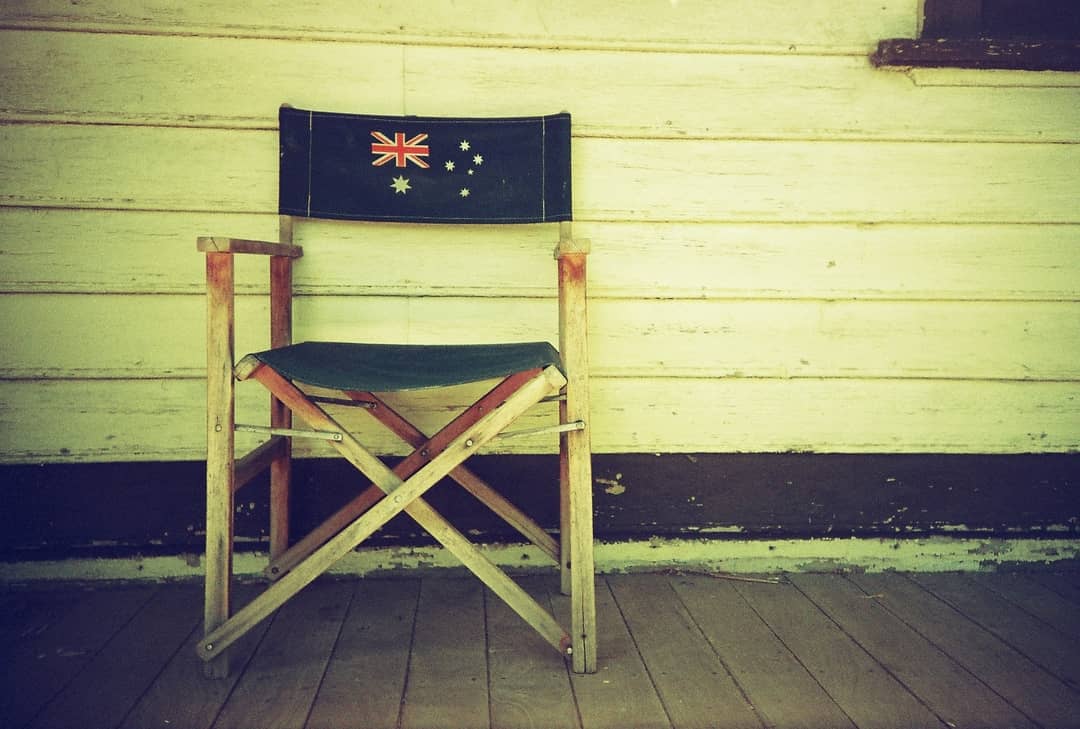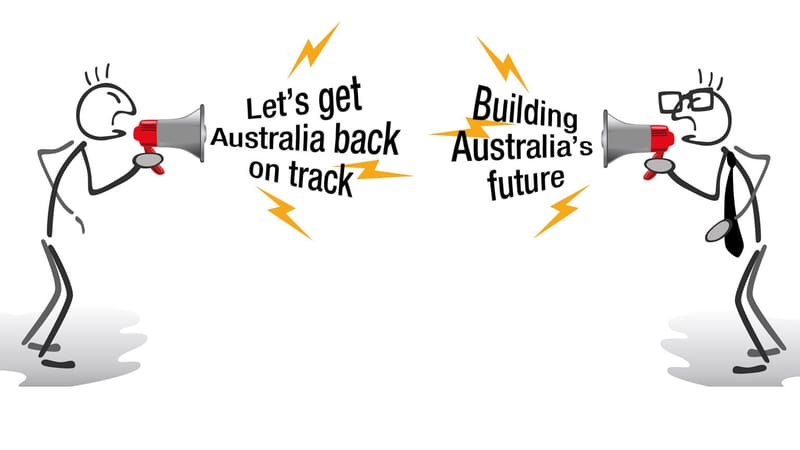
Not long ago, I had the pleasure of chatting to Australian word nerd-supreme, David Astle, on ABC Evenings. It was great fun to tease some of our Australian slang team’s survey findings, but also to chat to callers about their fave and least-favourite Australian slang.
We’ll write more about the survey soon. Watch this space.
The website for our ARC Australian lexicon (@SlanguageOz) project is live. We'll be rolling out updates from our surveys, databases, travels & interviews throughout Australiahttps://t.co/QMdEx0oBLJ— Howie Manns (@HowardManns) April 28, 2022
But, for now, David asked me a question that I often get asked as an American studying Australian slang:
"What was the first time you got stumped by an Australian word?"
Well, “arvo” was that word, and here’s the story.
I was in my opening weeks of living in Melbourne. I had finally gotten around to making a few friends. One of those friends texted me: “Let’s meet on Sydney Road in the arvo.” I’m embarrassed to say how much time I spent walking around on Sydney Road looking for a café called “The Arvo”.
Aussie, Aussie, Aussie
Perhaps it’s fitting that it was one of Australian English’s many shortenings that threw me – these -ie/-o endings (for example, “pollie”, “garbo”) account for up to 4% of the Australian lexicon, according to Roly Sussex. And these endings are still productive – “tradie” and “firie” have only entered the lexicon in the past few decades!
These shortenings can be tricky for overseas visitors. For my overseas students, “servo” seems to be a popular – in the sense of confusing – term.
On ABC Evenings, we had a caller from Germany who was excited to share his confusion over “devo” for “devastating” when living in Western Australia.
However, these little endings play a big role in making Australians feel closer to one another (as ANU researcher Even Kidd and colleagues have shown!).
I’m glad to be across “arvo”, “servo”, “devo”, and oh-so-many more of these words now.
Celebrating the Aussie lexicon
The story of these endings – and the Australian lexicon -– is the story of a colonial variety of English coming-of-age.
Our slang speaks to an evolving relationship with the new continent, the old world, and the wider global lexicon – which Australia both draws from and contributes to.
Sure, we borrow words from the Seppos – such as “bonanza”. But we also craft them, or even bash them, and make them our own – as when “bonanza” becomes “bonzer”. Yet, we’ve also gifted the yanks a word or two – such as “selfie”.
The Australian lexicon is a source of pride for Australians, and a point of interest and curiosity for those overseas. As former Macquarie Dictionary editor Sue Butler points out:
“Australians pitch the border between formal and informal language at a point that seems relaxed and colloquial to the rest of the world. And the national style still has some of that traditional black humour and laconic understatement that typified the humour of the bush.”
Studying the Aussie lexicon
For the next few years, we’re going to do a deep-dive into the Australian lexicon.
Our research team is doing hard yakka to better understand the place of Australian words in our daily lives. From Ginger Mick to the Honey Badger, we’ll look at how fair-dinkum Aussies have conquered English.
We’ll answer burning questions about the health of Australian words, and bring you stories about these words from databases and straight from the gobs of everyday Aussies of all ilk. We’ll be running surveys, but also travelling to different places in Australia to get these stories first-hand.
I’m proud to admit that “arvo” was the first word to stump me. And I’m happy that more than a few words have stumped me since – such as “grouse”. I had to run to a dictionary in another room to see if it meant “bonzer”, “shithouse”, or something else. But there’s still so much more Australian slang to learn, and I’m glad about that, too!
So, let’s take a journey together into the Australian lexicon. We’ll tell yarns of currency lads, bodgies and widgies, and the ever-evolving larrikin.
The research team will share our findings on this blog. We’ll also tell our own stories of the Australian lexicon, and we hope you’ll tell yours, too!
Go to our website to catch up on other exciting discoveries on the history and evolution of Aussie slang, and to comment on this article. We’d love your feedback.





